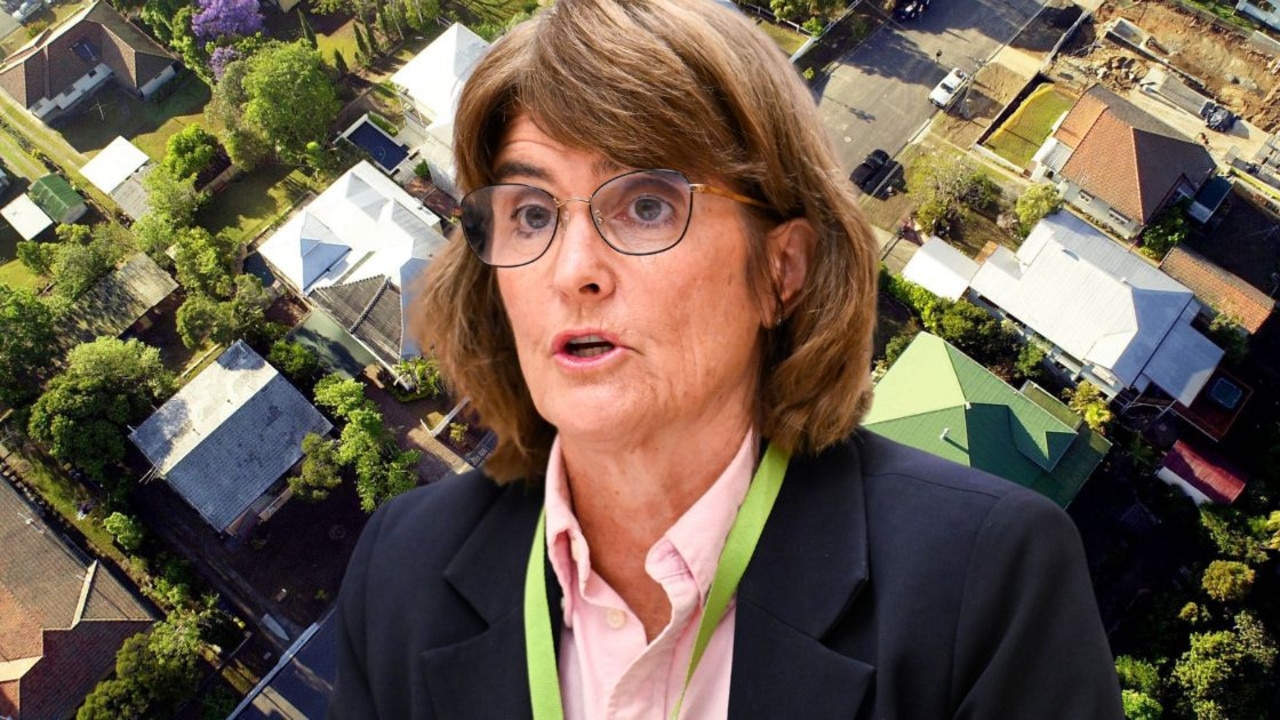Opinion: The Crown case that was too confusing even for judge
A trial is shaping up to be one of the longest and most expensive in Queensland history after a judge dismissed the prosecution’s case as “gobbledygook”.

CM Insight
Don't miss out on the headlines from CM Insight. Followed categories will be added to My News.
A major criminal case stalled when a judge said the summary of the essential facts presented by the prosecution was gobbledygook.
District Court judge Leanne Clare SC told a pre-trial hearing she had difficulty understanding the case brought by the Crown against four Linc Energy directors charged with Environmental Protection Act breaches.
She struck out the particulars presented Ralph Devlin QC, instructed by the Director of Public Prosecutions, and asked for a new set to be presented to the court later this month.
Clare said: “I had expected that the Crown would distil its case in a way that was comprehensible by a jury.
“I just can’t leave a case to the jury in terms that you’ve expressed so far. It’s just so broad and so long and I had struggled to understand what is actually being said.
“I have to go through a process of translation for myself, but it’s just gobbledygook.’’
Clare said there needed to be more clarity and told Devlin “the Crown has to tie its colours to the mast, and it has to say what this case is about that can be grasped’’.
The charges relate to allegations of pollution caused at an experimental underground coal gasification plant at Hopeland on the Darling Downs.
In 2007 the venture was hailed by then premier Peter Beattie as a project of state significance using Smart State “clean-coal technology”.

Linc directors Peter Bond, 58, of Razorback, NSW, Donald Schofield, 70, from Texas, USA, Stephen Dumble, 60, of Dalkeith, Western Australia, and Daryl Owen Rattai, 61, of Maribyrnong, Victoria, now stand accused of failing in their duties as directors on various dates between 2007 and 2013.
It was alleged their wilful and unlawful activities contributed to serious environmental harm around the plant near Chinchilla on the western Darling Downs.
Devlin said the case was complex.
He said the prosecution would rely upon its expert evidence in relation to the deleterious impact on environmental values.
Clare said the alleged adverse impacts were not expressed in ordinary language.
She told the court: “It has to be in English and it has to be … something that is capable of being proved.
“You need to set out your core facts in a way that can be understood. And unless you can do that, I can’t send this case to trial.’’
She added: “I cannot direct a jury on these particulars in a way that I am confident they would understand.
“The Crown case needs to be clear; needs to be crystallised.”
The underground coal gasification process involved igniting coal underground and drawing off the gas through a series of wells.
Linc told investors it also wanted to produce gas-to-liquid fuels, including diesel and aviation fuel.
The court heard the trial due to start in December was complicated and would take four months, possible six. There were at least 30 witnesses. It is shaping up to be one of the longest and most expensive in Queensland history.
Crown Law had earlier identified 3000 documents it considered relevant to the case, said Justin Greggery QC, for Bond, a former chief executive at Linc Energy.
However, the defence had not received a crucial document pertaining to G1, or gasifier one, where the initial underground trials began.
Greggery told the court a 28-month trial at gasifier one began on Boxing Day 1999.
This was four years before Bond purchased the company from a consortium headed by the state-owned CS Energy.
Clare asked Greggery if gasifier one was the subject of any of the charges.
Greggery: “No. But it’s significant to the defence case.”
Clare: “In terms of question of damage … when damage was done?”
Greggery: “That’s right”.
Kerri Mellifont QC, for Dumble, and Ruth O’Gorman for Schofield and Rattai, questioned whether executive officers at Linc who were not with the firm for the entire period of the alleged offences, could be liable.
Mellifont said it was her belief executive officers who weren’t there for that entire period could not be liable for cumulative harm.
“That’s how we interpret it,” she said.
“I’m hoping that’s correct.”
Clare said she hadn’t heard the arguments going back to the beginning.
Clare is a former Queensland Director of Public Prosecutions.
Des Houghton is an independent media consultant and a former editor of The Courier-Mail, Sunday Mail and Sunday Sun




